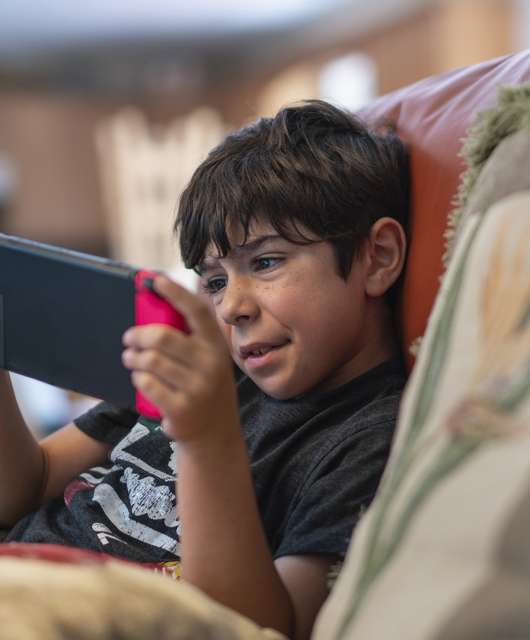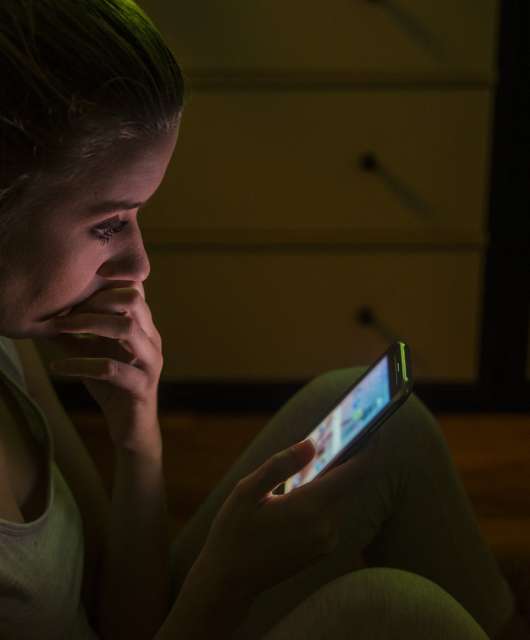A British politician is proposing some radical changes to the way under-16s use smartphones. Josh McAlister MP wants a complete ban on cellphones in schools.
McAlister, a former teacher, has introduced a Private Members Bill into the British parliament with some interesting details. Amongst his proposals are:
- A legally-enforced ban on smartphones in British schools.
- Raising the age from which online companies can collect and use children’s data from 13 to 16.
- New powers handed to the UK’s online regulator OFCOM to prevent children from being exposed to apps that are “addictive by design”.
- Provisions to control the design of smartphones and the way they are marketed to under 16s.
Popular but fuzzy
McAlister plans are generally popular. The UK’s Minister for Health, Wes Streeting, has already announced his support for the bill. And 60% of British adults believe there should be a ban on smartphones in schools – that’s well above the global average of 53%.
However, the Bill faces some challenges. The British Prime Minister, Keir Starmer, has already ruled out any ban on sales of smartphones to under-16s. This is despite the incoming Labour government claiming that “Children and young people face significant harm online, with inappropriate content too easily available at their fingertips on a smartphone.”
The ambiguity around what constitutes an app that is “addictive by design” could also present a problem for anyone charged with enforcing the law. It is likely that any attempted prosecution for creating “addictive” apps would be appealed in court immediately.
But the biggest problem could be the source of the Bill itself. Private Members Bills can be proposed and debated by any elected Member of Parliament. However, they are not proposed or endorsed by the sitting government. As such, these sorts of bills very rarely make it into law.
A global challenge
The issue of smartphones in schools is not restricted to the UK. Governments around the world are trying to assess what, if any, harms are caused by smartphones. They also want to know what benefits the benefits of smartphones are for children – and whether they are outweighed by potential harms.
This academic year, Italy has introduced a complete ban on phones in all schools. Spain has taken similar steps, with a ban in all elementary schools.
Perhaps most interesting are the results emerging from Australia. The South Australia state government introduced a ban in 2023. Since then, they have seen a 63% drop in “critical incidents involving social media”. For many parents, this would be reason enough to support a ban on smartphones in all schools across the world.
Wait and see
Whether Mr McAlister’s bill becomes law or not, governments everywhere know that there probably is an issue with smartphones in schools. However, most are waiting for more evidence from scientific studies before enacting blanket bans like those proposed by McAlister.
His bill will be voted on in March 2025. It will be interesting to see whether his proposals are successful.







